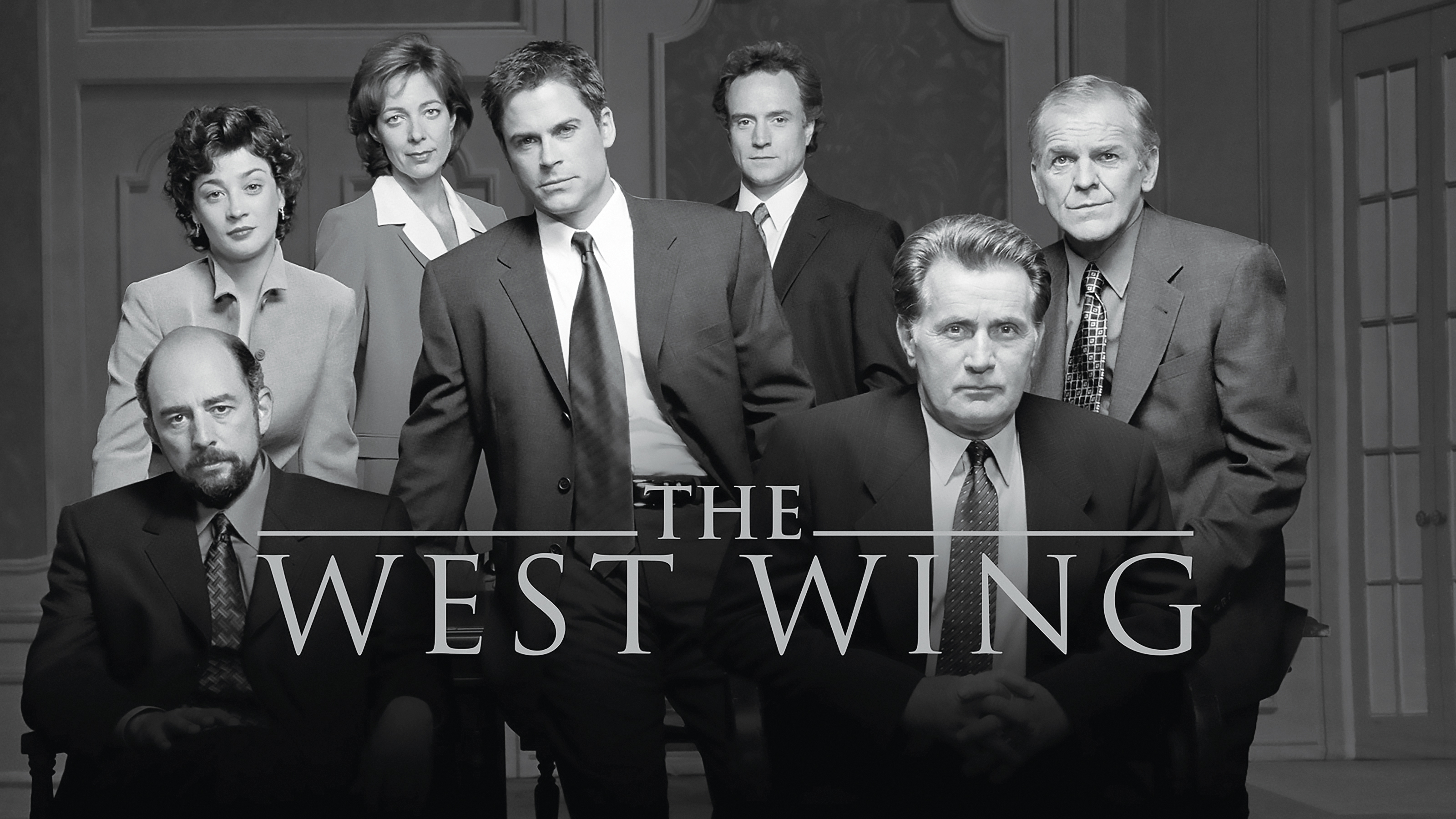Payton Williams
Voices Editor
@YoureSoVanya
Over the last few months, a rumor has been circulating that Aaron Sorkin’s “The West Wing” might be returning to T.V.
There are many reasons to be excited for this news.
“The West Wing” was a critical darling that won 27 Emmy awards. It had spectacular acting, spectacular writing, spectacular direction, spectacular everything. It’s an entertaining, witty show that’s easy to get lost in.
But, for me, the excitement runs a little deeper than that.
When I first found “The West Wing”, or rather, when it found me, it could not have been better timing.
I was young, nerdy and super into politics.
I don’t imagine anyone would have trouble believing that, in high school, that isn’t much of a recipe for having friends.
I also loved acting and writing. I was obsessed with finding an ability to communicate ideas in a way that might actually make a difference to people. To communicate in a way that made someone think and feel something.
My inability to communicate my thoughts to people, or to really communicate at all, was really frustrating to me. I’m sure it was, and still is, for many people.
But then I saw, “The West Wing”, and suddenly I realized just how powerful words could be.
How they could hurt, how they could heal and how they could be used to change the way we see something, no matter how simple.
How words could move mountains with only the faintest weight of breath.
More important than all these things, though, I learned how much words, wit and humor could change the life of a lonely kid in high school and send him off into a bigger and brighter world than the one he looked at before.
Because, after all, “The West Wing” was a political show, about the senior staff of the White House, and the importance and humanity of the office of the President of the United States.
But it was also about how politics could be used to make the world a better place.
And today, it almost feels like a relic of a time when the world was so hopeful, that people were maybe, just maybe, willing to believe in a world where government could be a tool for good.
My favorite character in the show, Communications Director Toby Ziegler, expressed this idea directly in a speech from an episode in the show’s first season.
“We have to say what we feel.” Ziegler said, “That government, no matter what it’s failures in the past, or in times to come, for that matter, government can be a place where people come together. A place where no one gets left behind. No one gets left behind.”
Ziegler delivers this speech to the fictional president in the show, Josiah Bartlet, and try as I might, I can’t express the admiration he inspires in the show.
He inspired this admiration not only in the other characters in the show, but in me.
Josiah Bartlet, or “Jed” as he is referred to throughout the show, is portrayed by Martin Sheen, so it is no surprise that the resulting character possesses a charm virtually unmatched in all of T.V. history.
But more than that, he possesses all the charm necessary of a president.
That’s the key to the show and the reason why it’s so important to me that it come back to T.V.
There has never been a time in this country when we needed “The West Wing” more than now.
“The West Wing” depicted a White House of grace and intelligence, a place where debate was fostered, people were cherished, and mistakes were human, rather than necessarily malicious.
Did “The West Wing” depict its characters as flawless? Certainly not.
All of them were flawed, and often they were unsuccessful in doing what they felt needed to be done. Often, they were even depicted as smug or self-righteous.
But not once, even with all their flaws, were they shown as chasing anything other than altruistic goals.
Not once were these fictional politicians shown to do something they didn’t at least believe would aid this country and the people in it.
Sometimes a character might stray from the beaten path a bit, lose sight of the goal and play the game of politics with too much abandon, or not enough, but the show would always be careful to show them being brought back to the light.
The show was always careful to show us the battle to stay moral, even as ethical lines became blurred.
The show even didn’t shy away from showing just how blurry those lines could get, but all the while never losing sight of what was the right thing to do.
And while the right thing to do often proved intangible, as it is in real life, there was never the slightest impression that the characters in the show weren’t looking for it, and weren’t looking out for the country or, as I imagined, us.
Even if no one ever knew, they were looking out for us.
Politicians. Looking out for us.
Today, that feels more like a fantasy than it ever did before.
And maybe that’s why we need it back.
We need “The West Wing” to return to T.V. to remind us that hope is not so terrible or so foolish or far away.
We need “The West Wing” because, in this age of political cowardice and obfuscation, it is important to remember that hope is what built this country and its political systems, and that it is only hope that can save us.
After all, if the show is only a fantasy, that’s because we have lost the imagination to make it a reality.

